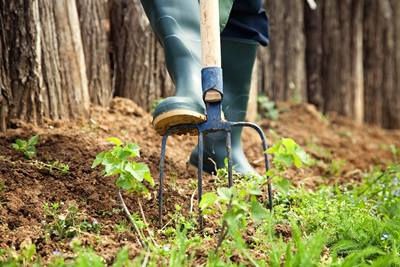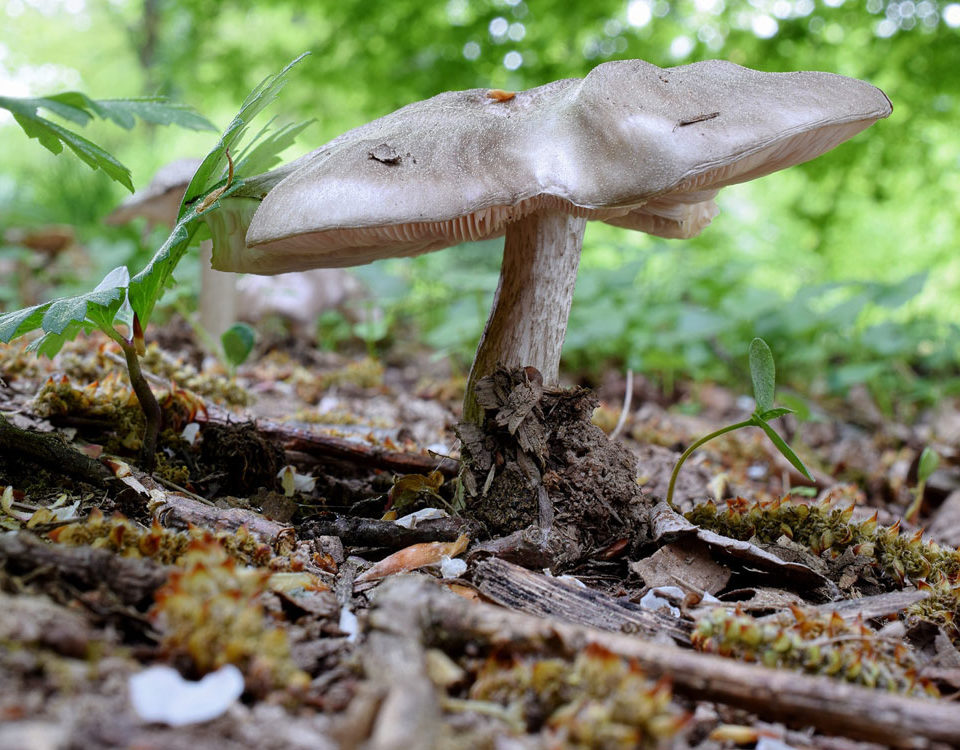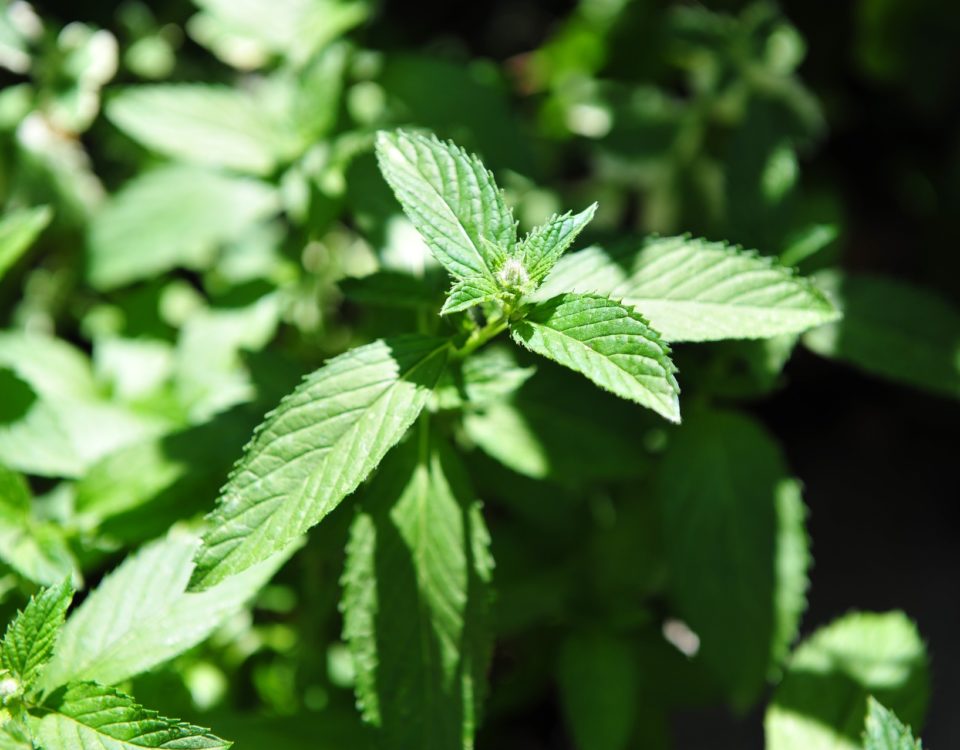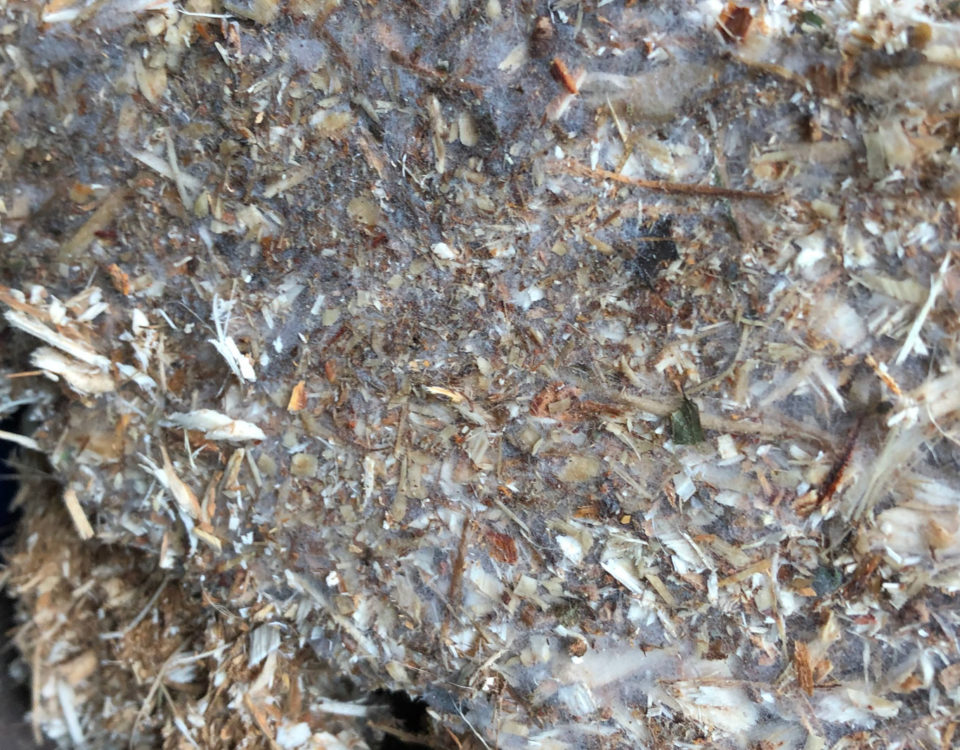The Truth About Compost

The Truth About Organic Food
April 20, 2017
Meet Lynn Hoag
March 2, 2018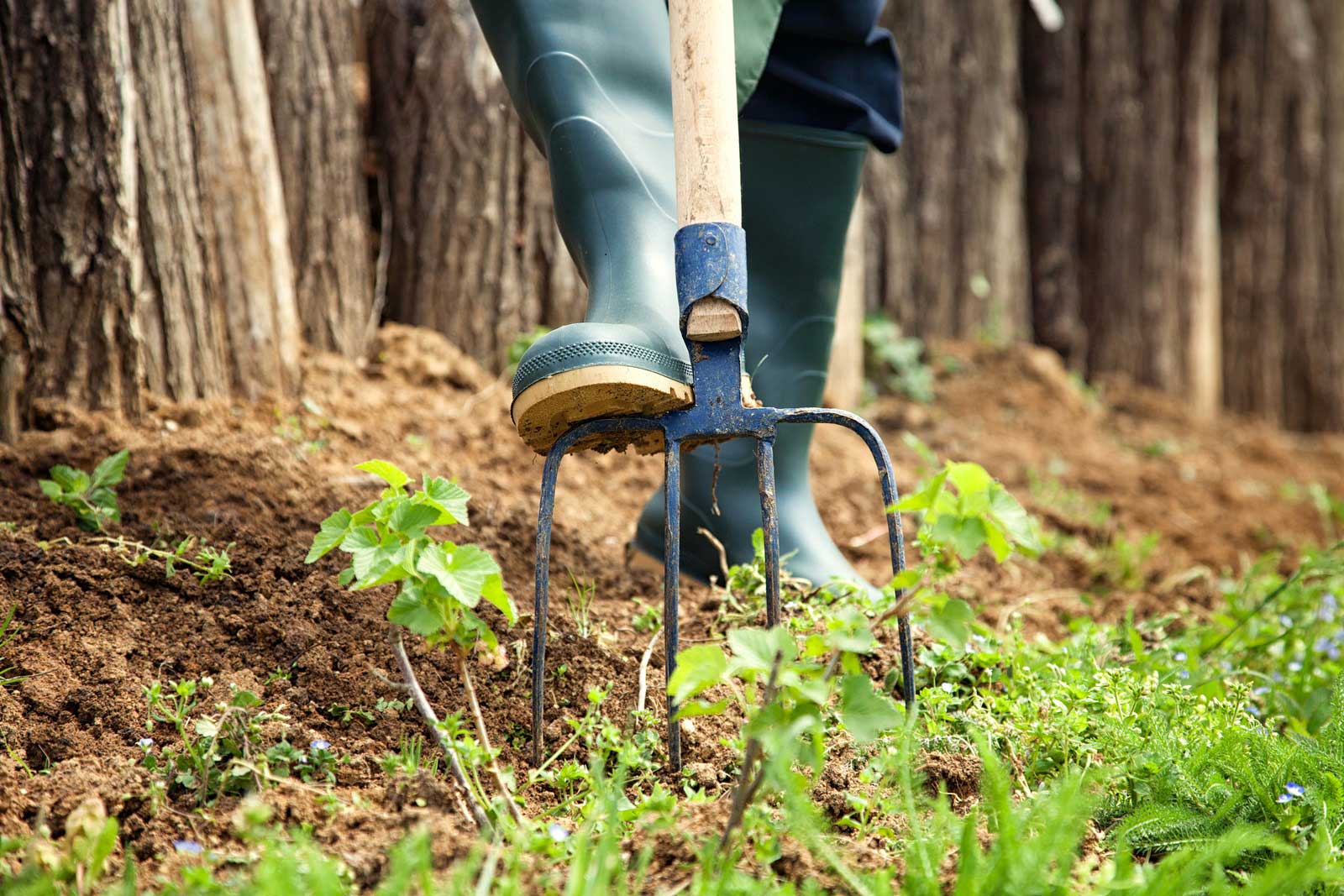
Compost is the favorite go-to gardening supply for all of those folks who want to “get back to nature” and avoid using harmful chemicals in their backyard gardens. There is a lot to be said for the idea of composting, but at the same time, it is not without its drawbacks. While our approach to gardening doesn’t turn away from the idea entirely, we do caution that you use this method wisely. In short, when it comes to fertilizing your garden with kitchen scraps, a little goes a long way.
The problem is that many people are taught how to compost but don’t know exactly what compost does to a garden. Yes, it is certainly a preferable alternative to chemical fertilizers, but that doesn’t mean that using it will result in more nutritionally-balanced foods. That result only comes when you ensure that the soil contains the proper balance of minerals. And truth be known, that balance can be thrown off tremendously by using too much compost.
Think of it this way: we all love the taste of salt and, in fact, some salt is necessary for our foods as both a preservative and flavor enhancer. But just because it tastes good doesn’t mean you should start pouring it on by the container full. The more salt you add to your diet, the more you open yourself up to various health issues because too much salt is not good for you. The same principle applies to composting. While it is certainly beneficial in limited amounts, if you rely too heavily on composting, you may do more harm than good to your garden.
Science shows us that overuse of compost can have a pronounced detrimental effect on gardens in a variety of ways. First and foremost, it results in an imbalanced soil that has drastically elevated levels of potassium and equally drastic reduction of calcium.
This is a problem because, like our bones need calcium to grow strong, so too do plants. They draw that calcium from the soil. The more potassium you introduce to the growing environment, the more it will push out the essential calcium.
As potassium begins to substitute for calcium at a cellular level, the result is weak, watery cells that cannot stand up to the growing process. This translates into foods that rot quicker and taste terrible, thereby negating any real benefit to composting.
It’s interesting to note that meta studies show that organic food grown in this way has no demonstrable superiority in nutrition to traditionally grown food. It will be less toxic, as it avoids the introduction of chemical fertilizers, but it will still fall short of the maximum nutritional value required.
When you think about that, it’s rather eye opening. The entire idea behind the use of compost is to produce healthier food, yet what you’re really doing is completely throwing off the balance of the soil and diminishing the nutritional quality of your harvest. So you’re actually working against yourself. There may be some benefit from learning how to compost, but if you don’t go about it the right way, it won’t do you a whole lot of good in the long run.
So what’s the answer to proper composting? We don’t mean to disparage the idea, it’s actually a very good one and certainly preferable to using chemical fertilizers. But knowing what we do about the science behind soil mineralization, we discourage using compost in your garden. By all means, add it to your lawn and your shrubbery, which can benefit from it, but when it comes to growing the food you eat, you’re better off forgetting the compost and focusing on the soil. Better nutrition comes through balanced soil, plain and simple.
The goal of the Grow Your Own Nutrition program is to produce nutrient-dense foods. That’s what you need to maintain good health, and that can only be achieved by ensuring that your plants get what they need to grow properly as well. And what they need comes from the soil. For soil to be healthy, it needs minerals from rock powders and the plants themselves.
The beauty of healthy gardening is that it’s all one big cycle. The soil feeds the plants, which grow and feed carbon back into the soil, which helps to keep it balanced. The plants feed you and your family, allowing you to get the nutrients you need for good health.
Keep that soil well balanced, and you’ve given the whole cycle the foundation it needs to stand on. Unfortunately, that foundation can’t be found in the compost bin, no matter how good that idea may sound. To get the most nutrition from your food, focus on the soil itself and make sure you give it what it needs to thrive.

